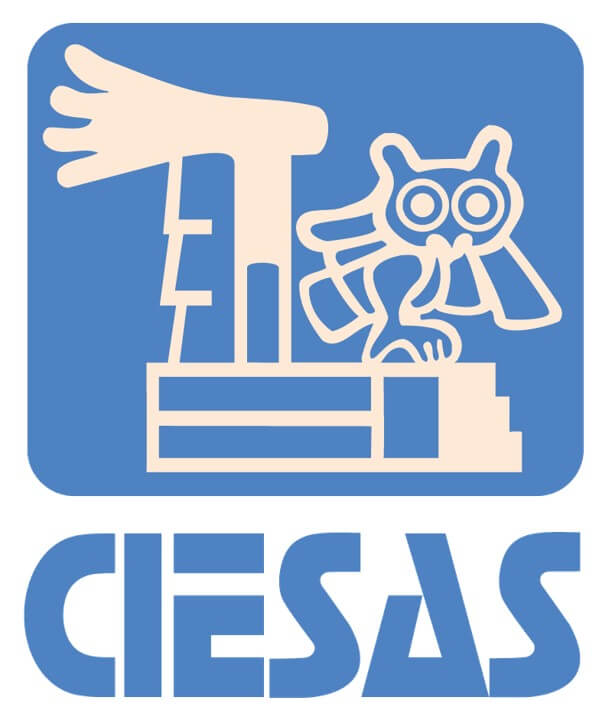Background
In April 2021 we organized the Interamerican Round Table “Other Notions and Practices of Security: Women, Territories and Own Knowledges.” In a small group we explored other notions and practices of security from the perspectives of women in territories located both in Turtle Island and Abya Yala (both Americas). As participants, we had invited academics, activists and members of different indigenous communities to speak about the meanings, experiences and practices of security in territories currently threatened by the invasion of extractive and infrastructure megaprojects.
The territories of indigenous, afrodescendent and peasant peoples are continuously invaded by extractive and infrastructure megaprojects (including the so-called ‘green’ infrastructure projects). They bring devastation, dispossession and displacement, harming resident populations and their environment, but often also their specific ways of being and relating to others and the non-human world. We came together in this round table to think about possible meanings of security in contemporary Abya Yala and Turtle Island in this context of extractive capitalism that continues to encroach on territories that till now remain under collective stewardship.
People who resist the extractive activities or invasive infrastructure projects cannot count on state protection, but rather face the state and often other armed actors as opponents. In addition, available approaches to security have been radically anthropocentric, focusing on the human subject as the only conceivable locus of harm. We wanted to get closer to a more expansive meaning of the term and its different interrelated dimensions, since a broader approach to security allows us to generate structural and relational perspectives of common and systemic vulnerability.
With this round table, we hoped to generate a space for a north-south dialogue, providing the opportunity for mutual learning about the different experiences, reflections, strategies and resistances that have emerged in the context of the need to defend the land, territory and life against megaprojects and extractivism.
Participants:
Isabel Altamirano (Binizaá from Ixtaltepec, Oaxaca. Researcher on indigenous feminism and resistance, resource extraction)
Susana Huenul Colicoy (Mapuche History Community. Wallmapu, Chile)
Alicia Lemus (P’urhépecha from Cherán. Researcher and activist)
Dolene Miller (Creole from Bluefields, Nicaragua. Social psychologist and activist)
Sherry Pictou (Mi’kmaw de L’sɨtkuk First Nation, Women’s Studies professor and founder of the platform MERE, women defending the earth and water)
Juana Inés Ramírez Villegas (Union of Indigenous Communities of the Northern Zone of the Isthmus-UCIZONI)
Rebeca Raya & Estefany Cuevas (Committee for the Comprehensive Defense of Human Rights Gobixha-Código DH)
Anne Spice (Tlingit member of the Kwanlin Dun First Nation, queer indigenous feminist and anticolonial organizer)
This event was the starting point of the Territorios Cuidados website and inspired some of its content.
The organizers are immensely grateful to the participants for this dialogue and sharing their experiences and reflections.
Organizers:
Dra Natalia De Marinis
Center for Research and Advanced Studies in Social Anthropology (CIESAS Golfo)
Natalia De Marinis is a research profesor at the Center for Research and Advanced Studios in Social Anthropology (CIESAS-Golfo). Her research has focused on violence and security in indigenous region, from a gender and intersectional perspective, and the anthropology of the State. She has carried on collaborative research projects in the mixtec region in Oaxaca and the nahua region of Zongolica in Veracruz. Her methodological approaches are based on the combination of the ethography and the testimonial and memory documentation in contexts of violence.
Dra Susanne Hofmann
Latin America & Caribbean Centre
London School of Economics (LSE)
Currently, she is a visiting researcher at the Center for Research and Advanced Studies in Social Anthropology (CIESAS-Golfo) in Xalapa / Mexico. Her research investigates how the infrastructure megaproject, the Interoceanic Corridor of the Isthmus of Tehuantepec, reactivates and reinforces existing conflicts (e.g. territorial, environmental, organized crime and inequality of power) and how this conglomerate of conflicts affects the security of Isthmian women.
Inviting institutions:

Center for Research and Advanced Studies in Social Anthropology (CIESAS)

London School of Economics (LSE)
